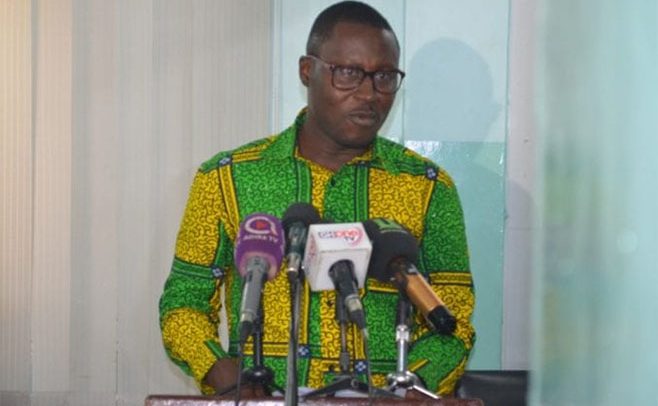Dr. Emmanuel Ayifah
Non-profit organization, SEND Ghana, has called for an increase in funds allocated to epidemic preparedness and response to help the country better prevent and contain such occurrences.
According to the organization, this can be achieved by increasing the health sector’s annual budgetary allocation to meet international benchmarks like the 15 per cent public financing for health in the 2001 Abuja Declaration.
“The government should also increase the Emergency Preparedness Response (EPR) budgets at various government levels to fully fund the National Action Plan for Health Security (NAPHS) implementation and empower the relevant government entities to track and regularly report on NAPHS implementation progress and spending,” Deputy Country Director, Dr. Emmanuel Ayifah said during a media interaction in Accra.
The meeting was to sensitize media personnel on the economic and health impact of disease epidemics in Ghana and the need for increased financing.
Dr. Ayifah said disease epidemic has the potential of derailing Ghana’s growth and increasing poverty adding that beside the effect on health workers, the Covid-19 pandemic curtailed health care services such as routine immunization, outpatients service and routine checks-ups for people suffering from non-communicable diseases.
“Epidemics of such high magnitudes such as Covid-19 affected economic performance and stalled growth by reducing overall projected Gross Domestic Product (GDP) from 6.8 per cent to less than one per cent,” he said.
He further indicated that although the country has developed a costed national action plan for health security aimed at adequately preparing and effectively responding to epidemics, its implementation is challenged by limited or no funding devoted to it.
“It is therefore important that the government provides the leadership and works to protect and sustain gains made by strengthening inter-governmental, public and private sector collaboration to improve health service delivery and contain future epidemic outbreak,” Dr Ayifah said.
By Jamila Akweley Okertchiri


